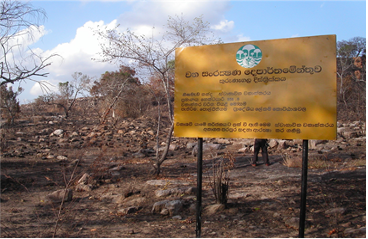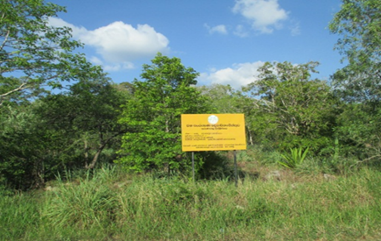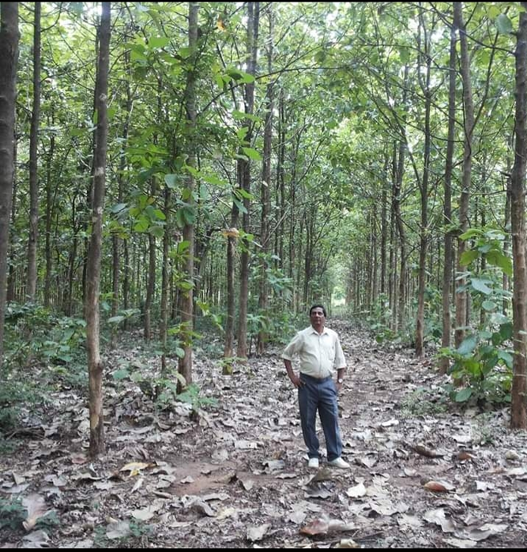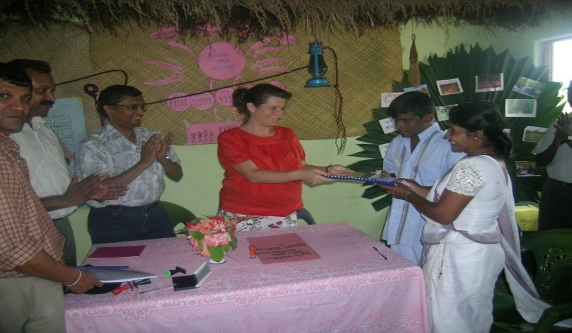General
Australia – A Pioneer of Community Forestry in Sri Lanka by DR. DUNSTAN J. FERNANDO


Source: Australian Department of Foreign Affairs & Trade
The Sri Lanka Community Forestry Programme (SLCFP) commenced in 2012 and was completed in December 2016 with grant funding of AUD 4.97 million (LKR716 million). The purpose of this initiative was to consolidate the previous pilot project; Sri Lanka-Australia Natural Resource Management Project(SLANRMP) into SLCFP.


Situation in 2013


Situation in 2014
The ultimate goal of SLCFP was to improve the management of natural resources to support livelihoods and contribute to poverty reduction in 18 administrative districts of Sri Lanka’s dry and intermediate zones. In addition, the programme prioritised women’s empowerment and improvement of socio-economic conditions of rural livelihoods.
SLCFP has contributed positively to a number of positive ongoing changes within the Department of Forest Conservation. Improvements in the attitude of officers in the Department towards communities living near forests enabled both parties to trust each other and to develop a more cohesive relationship. This in turn fostered a sense of ownership among the community who view the forest as something that requires careful conservation. This development has resulted in a sharp decline of conflicts with these communities, which in turn reduced the policing burden on the Department.


A Farmer Woodlot in Mihintale (with the writer)
The programme has achieved impressive milestones in the 10 years since it begun. Over 120,000 people (more than half of them women) are currently benefiting through this programme and their average monthly in come has increased from LKR 7,000 to LKR 10,000 (around AUD 70). Nearly 23,500 hectares(235 km2) of forests have been developed through farmer’s woodlots, buffer zone planting and enrichment of catchments, as well as through micro enterprises such as home gardening. Nearly 13,500 home gardens were developed with forest food and fruit trees. This programme further aided in de marking vulnerable locations through 34 km of fire lines and live fire belts.
Significantly, the SLCFP also empowered its stakeholders to take this work forward independently. Examples include over 300 female headed households obtaining land ownership through legal agreements. In addition to forest conservation training, over 5,000 village leaders were trained on leadership, agriculture, plant nursery management, livestock and food processing. Furthermore, 255officers in the Department of Forest Conservation were trained on gender and social inclusiveness, entrepreneurship development and extension methodologies.


Then HighCommissioner HE Kathie Klugman handed over the forest land title to afarmer family with Mr. Sarath Fernando of then Conservator General of Forests.
The focus on empowering women has meant, secretaries in many Community Based Organizations (CBO) are now female. Due to their enthusiastic participation in theSLCFP, micro-enterprises and home garden developments are now predominantly pursued by women. For the first time in Sri Lanka’s history of forest conservation, motorcycles were donated to female forest extension officers to facilitate their independent movement. This involvement has a flow on effect into communities, as supplementary income earned is then spent on their children’s education and on their families’ health & hygiene.
Perhaps the biggest achievement of all is that community forestry concepts and approaches are now well established in Sri Lanka continuing with local funding.From the small seedling of Australian funding in 2012, a forest of local practice has grown.
Note: Dr. Dunstan Fernando was a long-standingLES officer worked more than 23 years at AusAID and DFAT. He retired at the end of 2018 as the Senior Adviser in the Aid section of DFAT in Sri Lanka.








